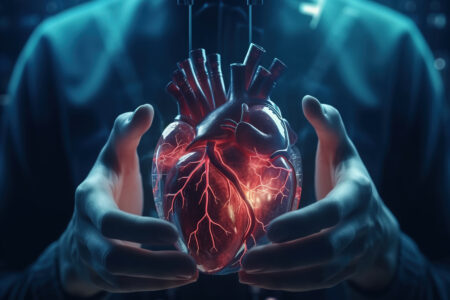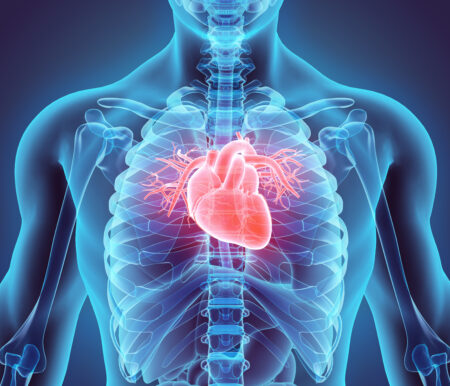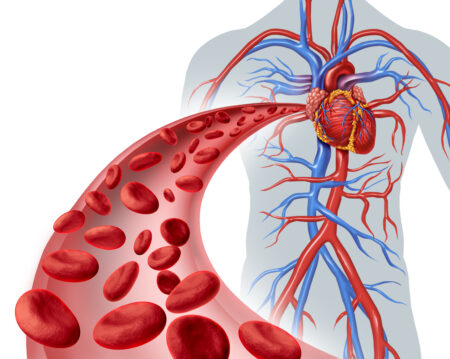
Your heart beats about 100,000 times in one day and about 35 million times in a year. During an average lifetime, the human heart will beat more than 2.5 billion times. It’s clear that our hearts work tirelessly for us, but are we reciprocating the effort? Research suggests we’re not.
Heart Disease as America’s Leading Cause of Death
Heart disease is the leading cause of death for men, women, and people of most racial and ethnic groups in the United States. Shockingly, one person dies every 33 seconds in the U.S. due to cardiovascular disease.

The Unique Anatomy of the Heart: More Than Just an Organ
The heart, unlike other organs, is primarily composed of muscle. This has led some experts to question whether it should even be classified as an organ, given its muscular composition.
The Science of Muscle Growth: How It Relates to Your Heart
Muscle grows stronger when subjected to force, leading to microtears that the body repairs by thickening and strengthening the muscle. Celebrities like Arnold Schwarzenegger exemplify what the human body can achieve with this principle in mind.
The Intricacies of Blood Flow: Understanding the Role of Arteries and Nitric Oxide
 When the left ventricle of the heart contracts, blood surges out, and the arterial walls act like guardrails to direct the flow. Nitric Oxide plays a crucial role in maintaining the flexibility of these arterial walls.
When the left ventricle of the heart contracts, blood surges out, and the arterial walls act like guardrails to direct the flow. Nitric Oxide plays a crucial role in maintaining the flexibility of these arterial walls.
Did You Know? Viagra operates on the same metabolic pathway as Nitric Oxide.
Over time, the body produces less Nitric Oxide, leading to less flexible arterial walls. Combined with high cholesterol and glucose levels, this can result in atherosclerosis.
Stress and Its Impact on Heart Health
Stress triggers the “fight or flight” response, increasing adrenaline and blood pressure. This constant stress response is why high blood pressure is often called the “silent killer.”
Proactive Measures: How to Prevent Heart Disease
 Exercise for a Healthy Heart
Exercise for a Healthy Heart
Cardiovascular exercises like jogging or walking are essential for maintaining a healthy heart and promoting blood flow.
Dietary Choices: What to Eat and What to Avoid
Stay away from processed, fried, and sugary foods to reduce sodium and saturated fat intake, which contribute to arteriolosclerosis.
 Mindfulness and Stress Management
Mindfulness and Stress Management
Daily meditation can help reduce stress and improve sleep quality. Products like BrainTap are highly recommended for achieving both.
Natural Remedies: Foods and Acupuncture Points for Heart Health
Consume foods rich in nitrates like spinach, arugula, watermelon, and beets to help your body produce more Nitric Oxide. Acupuncture points inspired by Master Tung are also beneficial.
Consult a Holistic Healthcare Practitioner
We recommend consulting holistic healthcare practitioners like those at Wu Wei Wellness for a personalized heart-healthy treatment plan.

